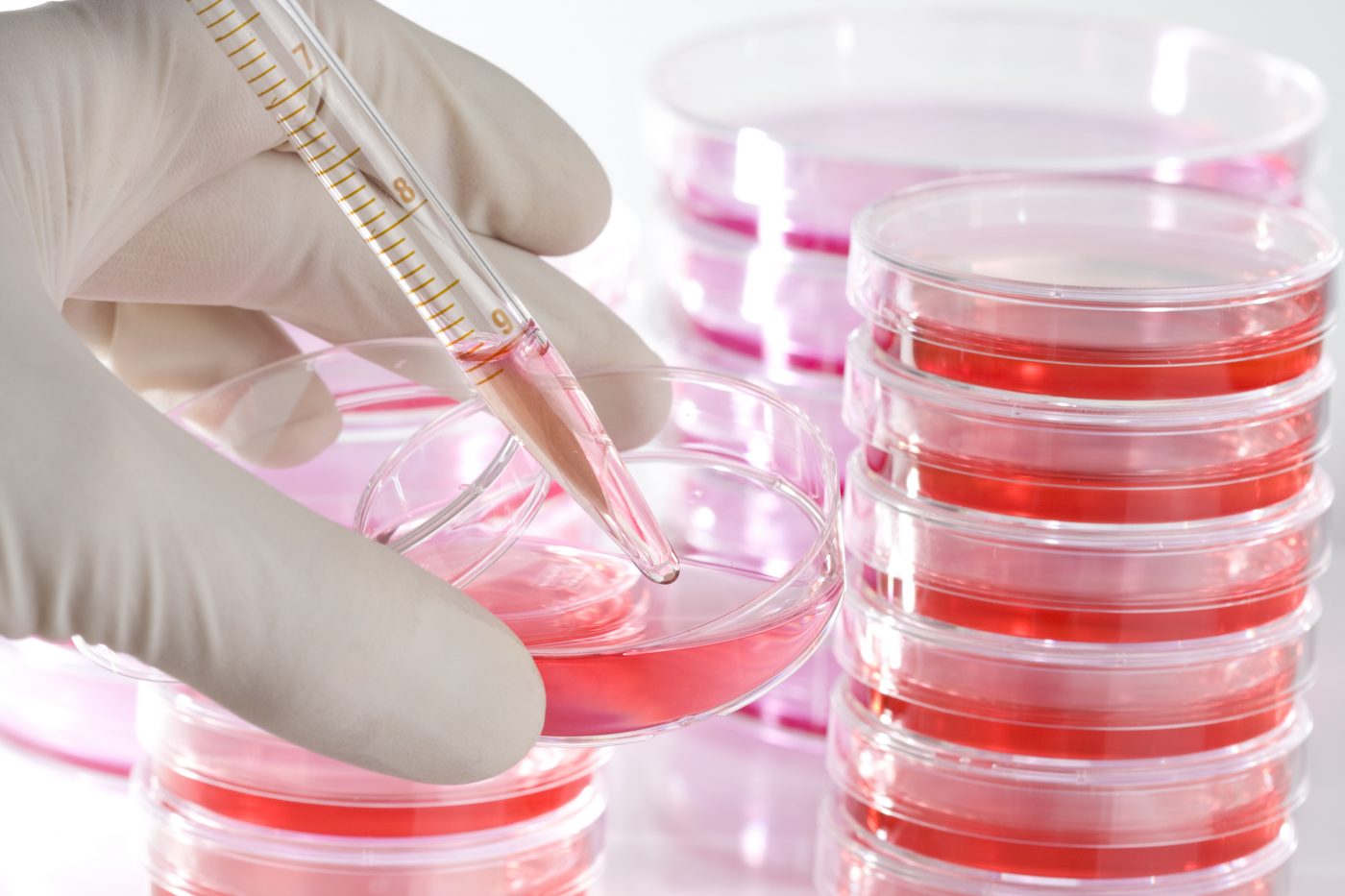While scientists tend to use stem cells as a new therapeutic strategy to treat a wide variety of diseases, scientists who study endometriosis may instead be interested in altering the stem cell pool. An assortment of literature, compiled in a review entitled “Stem Cell and Endometriosis: New Knowledge May Be Producing Novel Therapies” and published in International Journal of Clinical and Experimental Medicine, discusses how progenitor stem cells residing in the uterus and mesenchymal tissue may contribute to the etiology of endometriosis.
“The human endometrium is a dynamic tissue, which undergoes cycles of growth and regression with each menstrual cycle,” wrote Dr. Jing Yang and Dr. Fengying Huang, both from the Department of Pbstetrics and Gynecology at The Second Xiangya Hospital in China. “Adult progenitor stem cells are likely responsible for this remarkable regenerative capacity; these same progenitor stem cells may also have an enhanced capacity to generate endometriosis if shed in a retrograde fashion.” Stems cells have been shown to be present in the endometrium, as well as menstrual blood, and their presence is significantly higher in women with endometriosis, suggesting they may play a role in the condition.
Investigating further, researchers have shown that some of the cells in endometriosis lesions are clones of each other, leading to the hypothesis that these cells came from one parent stem cell. Other studies have shown that stem cell-related gene expression of SOX2, NANOG, and OCT4 is significantly higher in the endometrium of women in the age of reproduction. In particular, SOX2 and NANOG are significantly higher in ectopic endometrium in women with endometriosis. The higher expression indicates these genes may play a greater role in regulating endometrial stem cells in women with endometriosis.
Despite the variety of studies, there is not a clear picture of how stem cells are involved in endometriosis. However, researchers are using the knowledge they do have to develop treatments for the condition. “A better comprehension of the pathogenesis of endometriosis could help in developing new, more effective, non-hormonal medication, which can inhibit disease development and alleviate pain or infertility without inhibition of ovulation and menstruation,” wrote Dr. Yang and Dr. Huang. “The identification of the different stem cell populations in ectopic endometrium could provide a potential therapeutic target for this frequent and invaliding disease.”
For example, if stem cells in the mesenchyme, known as mesenchymal stem cells (MSCs), are the main contributors towards this pathogenesis, tyrosine kinase inhibitors such as sorafenib may decrease the capacity of MSCs to proliferate, migrate, and induce blood vessel growth in ectopic endometrial tissue. Any number of combinations may be interesting to test, providing a number of new opportunities to treat women with endometriosis.

